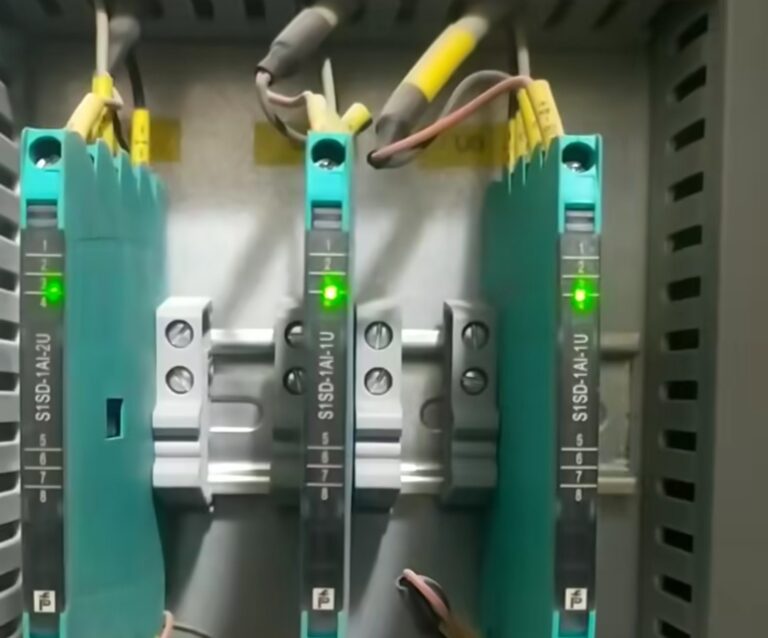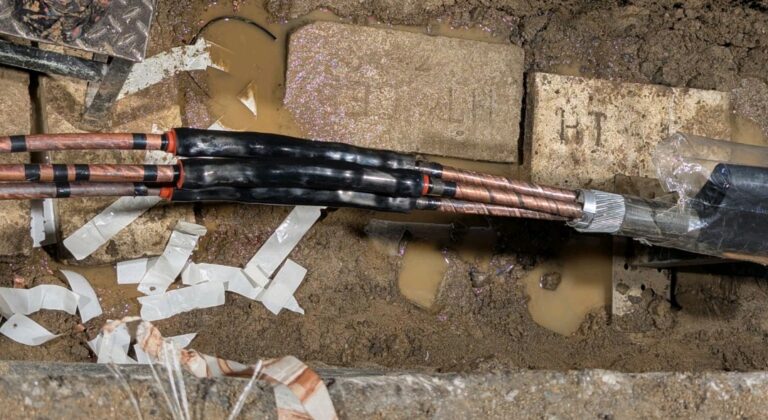The Versatility of the LCR Meter in Electrical Engineering
📐An LCR Meter is an essential tool for any electrical engineer working with electronic components.
It stands for Inductance (L), Capacitance (C), and Resistance (R), which are the three fundamental properties it measures. Here’s why the LCR meter is a must-have in the world of electronics:-
What Does an LCR Meter Do?
An LCR meter measures the inductance, capacitance, and resistance of electronic components, helping engineers and technicians assess their properties accurately. This is crucial for component testing, quality control, and design verification in electronics.
Why is the LCR Meter Important?
Precision and Accuracy: -LCR meters provide precise and accurate measurements, essential for ensuring components meet the required specifications and perform as expected in their applications.
Component Testing: -Whether you’re working with inductors, capacitors, or resistors, an LCR meter can help determine the exact values of these components, which is vital for designing circuits and troubleshooting issues.
Quality Assurance:-
In manufacturing, LCR meters are used for quality control to ensure all components meet their specified electrical characteristics before assembly into circuits.
How Does It Work?
The LCR meter applies an AC signal to the component being tested and measures the resulting voltage and current. It then calculates the inductance, capacitance, or resistance based on these measurements, displaying the values on its screen. Advanced models can also measure other parameters, such as impedance and quality factor (Q).
Key Applications:-
Design and Development: Engineers use LCR meters to test and select components during the design phase of electronic circuits, ensuring optimal performance.
Maintenance and Repair: Technicians use LCR meters to diagnose faulty components in existing circuits, facilitating efficient repairs and maintenance.
Manufacturing: -Used for batch testing components to ensure consistency and quality in mass production, preventing defective parts from entering the final product.
Choosing the Right LCR Meter:-
When selecting an LCR meter, consider factors like measurement accuracy, frequency range, and the types of components you’ll be testing.
Advanced models offer additional features like data logging and multiple test frequencies, enhancing their versatility.
For anyone involved in electronics, an LCR meter is an indispensable tool, providing the insights needed to ensure components and circuits are reliable and function as intended.Equip yourself with an LCR meter and make every measurement count!

